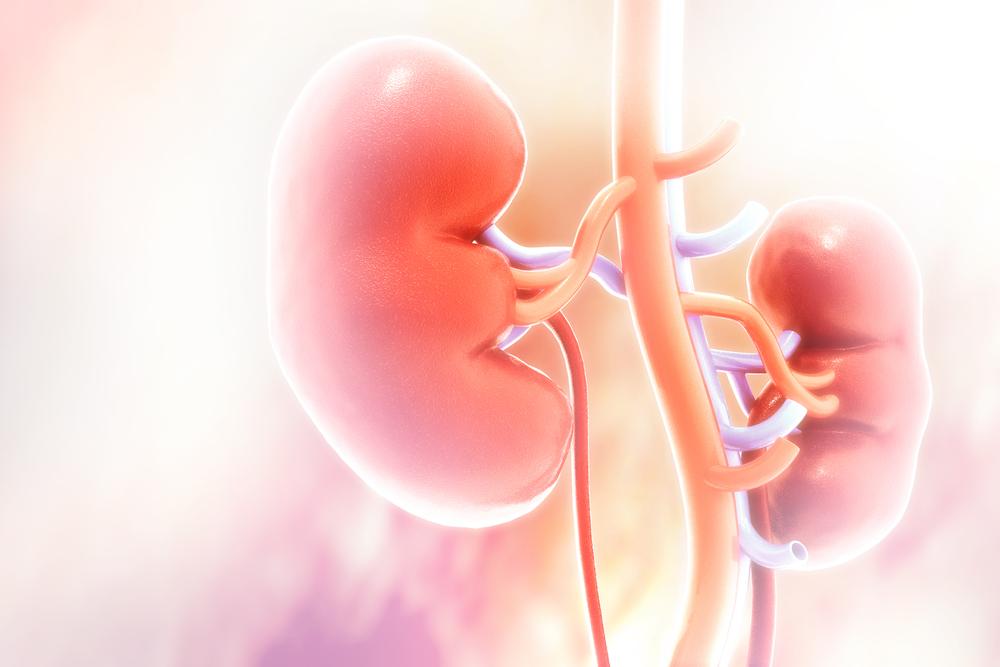Article
EMPA-KIDNEY To Be Stopped Early Due to 'Clear Positive Efficacy' with Empagliflozin
Author(s):
Announced on March 16, the decision to stop the phase 3 EMPA-KIDNEY trial is based on the recommendation of the trial's Independent Data Monitoring Committee and Eli Lilly and Company expect to present full results at an upcoming medical conference.

The phase 3 EMPA-KIDNEY trial, which is assessing empagliflozin (Jardiance) in adults with chronic kidney disease (CKD), is being stopped based on a recommendation from the trial’s Independent Data Monitoring Committee, according to a statement from Eli Lilly and Company.
Announced on March 16, the move comes on the heels of a formal interim assessment announcement from the Medical Research Council Population Health Research Unit at the University of Oxford, Boehringer Ingelheim, and Eli Lilly and Company that demonstrated the 6600-patient trial had met prespecified criteria for positive efficacy.
"Worldwide 5 to 10 million people die each year from chronic kidney disease and many lives are severely disrupted by dialysis treatment," said associate professor William Herrington, clinician scientist Oxford Population Health, honorary consultant nephrologist and EMPA-KIDNEY co-principal investigator, in the aforementioned statement. "We studied a wide range of patients with declining kidney function with the aim of delaying the need for dialysis and avoiding heart disease in as many of them as possible."
A double-blind, randomized, placebo-controlled, academic-led trial, including more than 6,600 adults with CKD, EMPA-KIDNEY is hailed by Eli Lilly and Company as the largest SGLT2 inhibitor trial in CKD to date. A historically underserved population, the trials was designed to include patients with mildly to severely reduced eGFR, with normal and increased levels of albumin, with and without diabetes, and with CKD attributable to a wide range of underlying causes.
With the Population Health Research Unit at University of Oxford conducting the phase 3 trial, the primary endpoint was a composite of kidney disease progression, which included the initiation of maintenance dialysis or receipt of a kidney transplant, a sustained decline in eGFR to below 10 mL/min/1.73 m2, renal death or a sustained decline of at least 40% in eGFR from randomization, or cardiovascular death. Secondary outcomes from the trial included cardiovascular death or hospitalization for heart failure, all-cause hospitalization, and all-cause mortality.
"People with kidney disease are at risk for both worsening kidney function and heart problems, making the availability of more treatment options and relevant education critical," said Mohamed Eid, MD, MPH, MHA, vice president, Clinical Development & Medical Affairs, Cardio-Metabolism & Respiratory Medicine, Boehringer Ingelheim Pharmaceuticals, Inc. "Building on our Fast Track Designation in the U.S., we are very much encouraged that EMPA-KIDNEY has already demonstrated efficacy for Jardiance at this early stage, as we work to advance treatment for adults living with cardio-renal-metabolic conditions."
With a Fast Track designation from the US FDA granted to the agent in March 2020, Eli Lilly and Company noted plans to present the full results of EMPA-KIDNEY at an upcoming medical congress.





